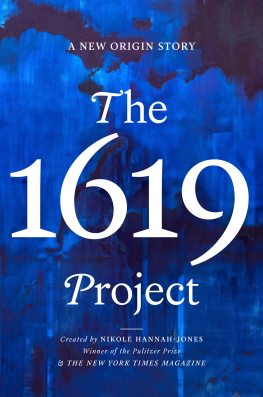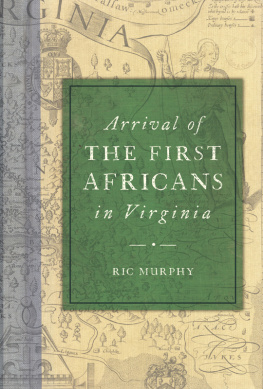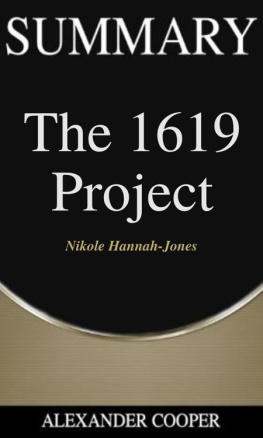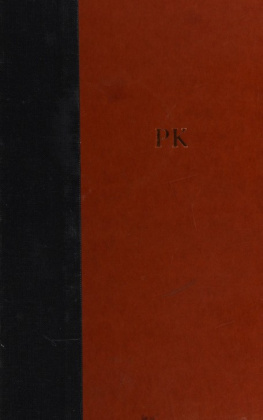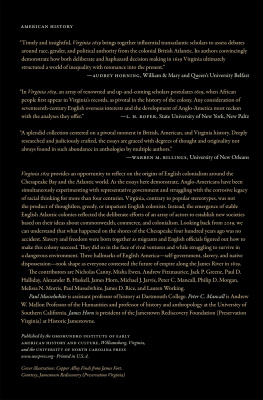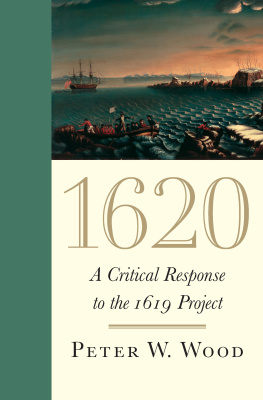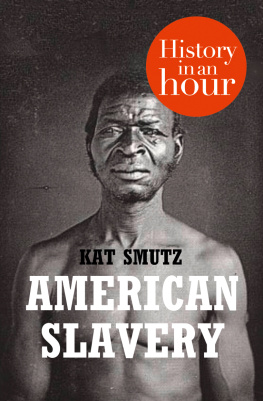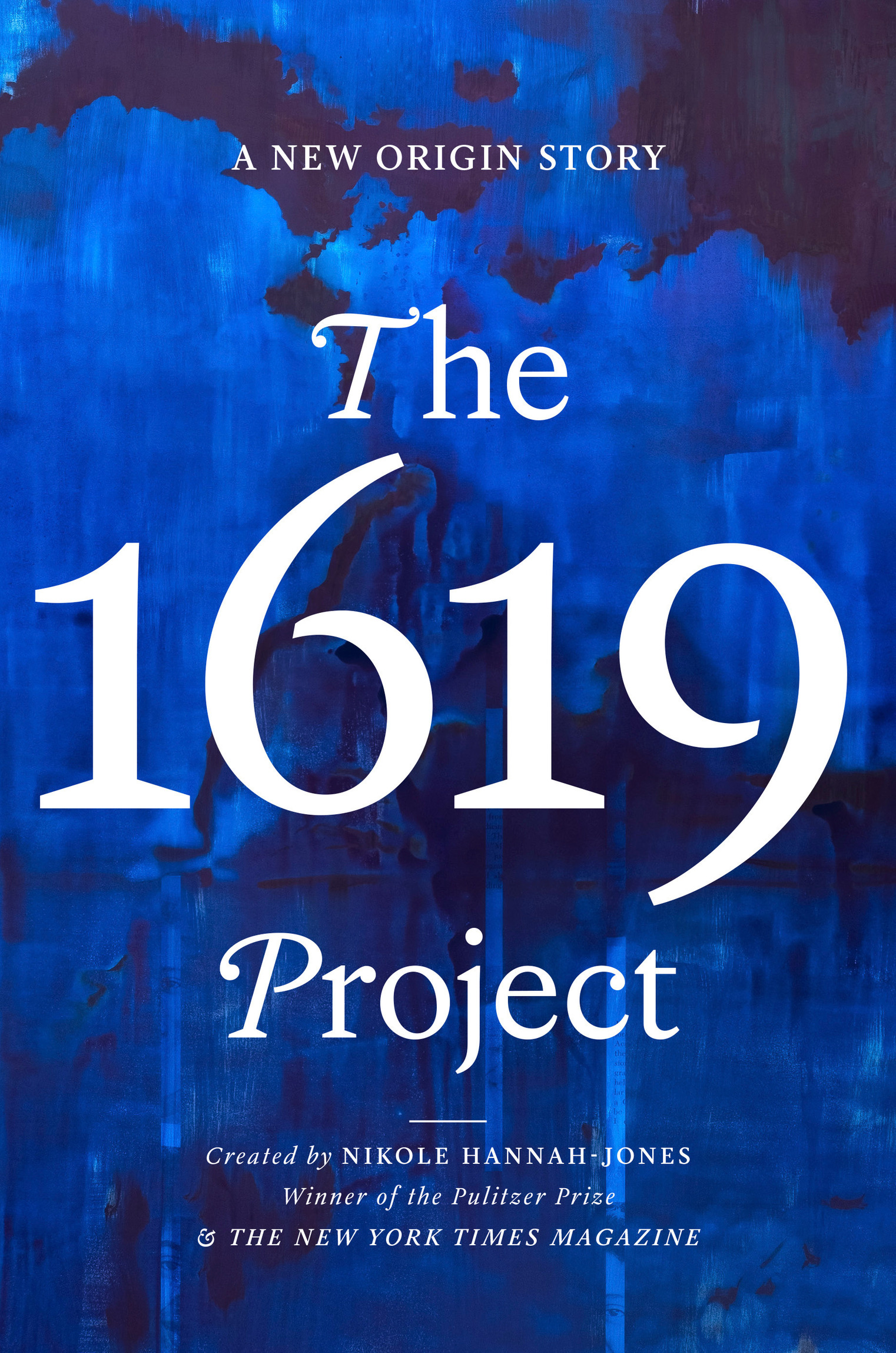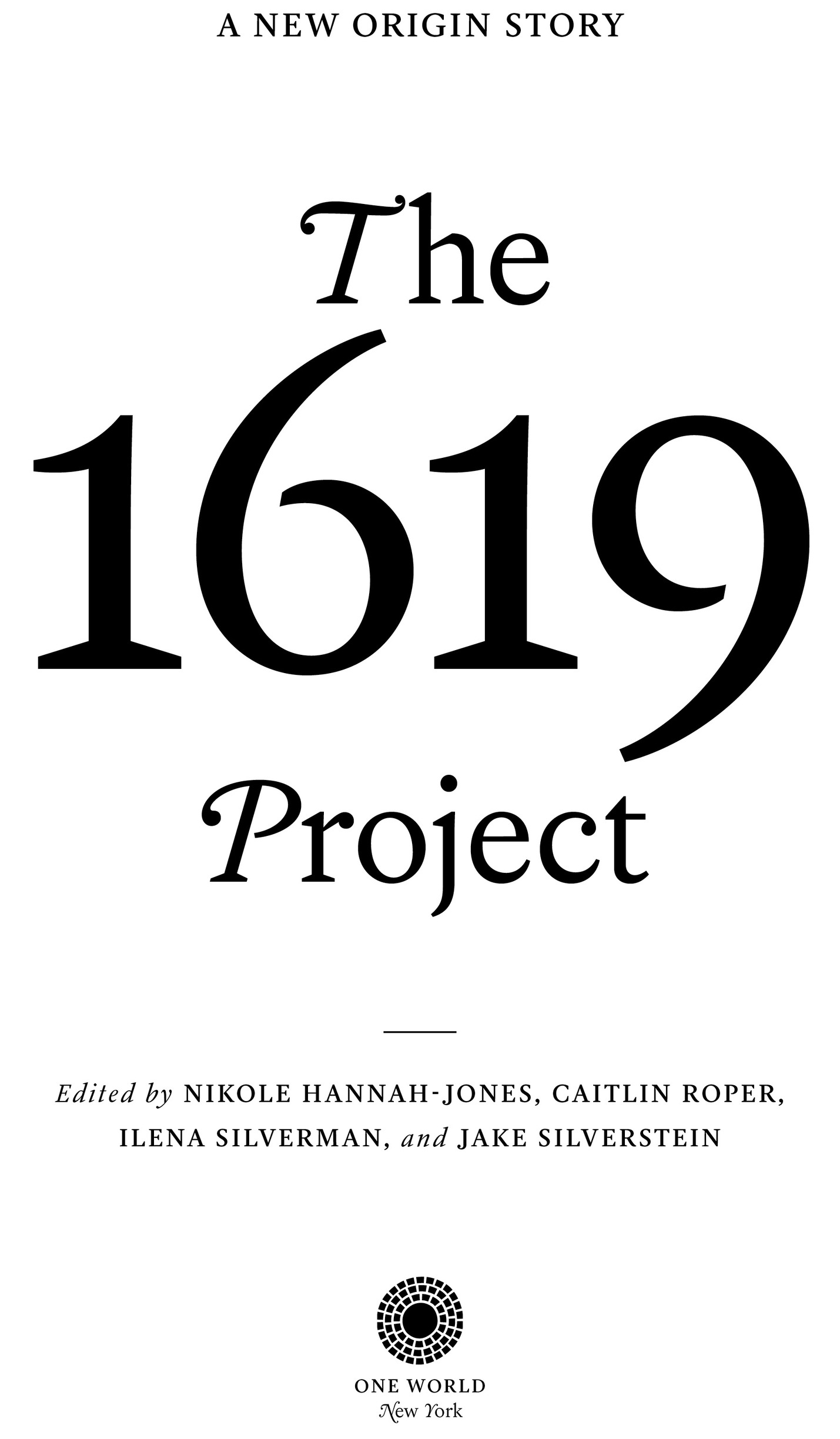Contents
Landmarks
Print Page List
Copyright 2021 The New York Times Company
Additional copyright details available on .
All rights reserved. No portion of this book may be reproducedmechanically, electronically, or by any other means, including photocopyingwithout written permission from The New York Times Company. Inquiries concerning permission to reprint any part of this book should be addressed to The New York Times Company c/o Pars International by phone at 212-221-9595, by email at nytpermissions@parsintl.com or at NYTreprints.com.
Published in the United States by One World, an imprint of Random House, a division of Penguin Random House LLC, New York.
One World and colophon are registered trademarks of Penguin Random House LLC.
Contains some material previously published in THE NEW YORK TIMES MAGAZINE in August 2019, sometimes in different form.
Image credits and permissions are located on .
Library of Congress Cataloging-in-Publication Data
Names: Hannah-Jones, Nikole. | New York Times Company.
Title: The 1619 Project : a new origin story / created by Nikole Hannah-Jones and The New York Times Magazine.
Description: First edition. | New York : One World, [2021] | Includes index. Identifiers: lccn 2021019866 (print) | lccn 2021019867 (ebook) | isbn 9780593230572 (hardcover) | isbn 9780593230589 (ebook)
Subjects: LCSH: SlaveryPolitical aspectsUnited StatesHistory. | African-AmericansUnited StatesHistory. | United StatesRace relations. | United StatesCivilization. | 1619 Project.
Classification: lcc e 441 . a 15 2021 (print) | lcc e 441 (ebook) | ddc 973dc23
LC record available at https://lccn.loc.gov/2021019866
LC ebook record available at https://lccn.loc.gov/2021019867
Ebook ISBN9780593230589
oneworldlit.com
randomhousebooks.com
Design by Bobby Martin, Champions Design, adapted for ebook
Title page and chapter title pages: Set in A2 TYPEs NYTMag Serif and NYTMag Sans
Cover design: Michael Morris
Cover illustration: Lorna Simpson, Beclouded, 2018
Ink and screenprint on gessoed wood, 108x 96x 1-1/4in (274.3 x 243.8 x 3.2 cm) Lorna Simpson. courtesy of the artist and Hauser & Wirth (photo: James Wang)
ep_prh_5.8.0_10096500_c0_r0
Contents
The poetry and fiction that appears on gray pages between the nonfiction chapters of this book occurs on a timeline that runs chronologically from 1619 to the present.
While the nonfiction chapters are not strictly chronological, they have been arranged with the historical narrative in mind.
Preceding each chapter is a photograph that relates to the topic of the essay. The individuals pictured are not well known; in some cases, their names have been lost to history.
A NOTE ABOUT THIS BOOK
This book uses a variety of terms to describe aspects of the era of slavery. In almost every case, the editors have avoided the word slave to describe persons held in bondage; the alternate term enslaved person accurately conveys the condition without stripping the individual of his or her humanity. In some instances where it does not refer to a person (e.g., slave state) and in some of the historical poetry and fiction, slave does appear.
The editors have also attempted to limit the use of terms that are sometimes used euphemistically, such as plantation or master, or to substitute when possible other terms that more accurately convey the historical situation of enslavement. As this book contains the work of many different authors, some of them representing different scholarly fields, there remains some heterogeneity in how these terms are deployed.
The Editors
I am the American heartbreak
The rock on which Freedom
Stumped its toe
The great mistake
That Jamestown made
Long ago.
Langston Hughes,
American Heartbreak: 1619
PREFACE
Origins
Nikole Hannah-Jones
I was maybe fifteen or sixteen when I first came across the date 1619. Whenever I think about that moment, my mind conjures an image of glowing three-dimensional numbers rising from the page. Of course, in reality, they were printed in plain black text on the cheap page of a paperback. Still, while the numbers did not literally glow, I remember sitting back in my chair and staring at the date, a bit confused, thrown off-kilter by an exhilarating revelation starting to sink in.
For as long as I can remember, I have been fascinated with the past. Even as a young girl, I loved watching documentaries and feature films about events that took place in a bygone era. As a middle school student, I read all of my dads Louis LAmour westerns and the entire Little House series because they transported me to the mythic American frontier. I loved sitting in my grandparents basement, leafing through aged photo albums filled with square black-and-white images and asking questions about the long-dead relatives frozen in the frame. My favorite subjects in school were English and social studies, and I peppered my teachers with questions. History revealed the building blocks of the world I now inhabited, explaining how communities, institutions, relationships came to be. Learning history made the world make sense. It provided the key to decode all that I saw around me.
Black people, however, were largely absent from the histories I read. The vision of the past I absorbed from school textbooks, television, and the local history museum depicted a world, perhaps a wishful one, where Black people did not really exist. This history rendered Black Americans, Black people on all the earth, inconsequential at best, invisible at worst. We appeared only where unavoidable: slavery was mentioned briefly in the chapter on this nations most deadly war, and then Black people disappeared again for a full century, until magically reappearing as Martin Luther King, Jr., gave a speech about a dream. This quantum leap served to wrap the Black experience up in a few paragraphs and a tidy bow, never really explaining why, one hundred years after the abolition of slavery, King had to lead the March on Washington in the first place.
We were not actors but acted upon. We were not contributors, just recipients. White people enslaved us, and white people freed us. Black people could choose either to take advantage of that freedom or to squander it, as our depictions in the media seemed to suggest so many of us were doing.
The world revealed to me through my education was a white one. And yet my intimate worldmy neighborhood, the friends I rode the bus with for two hours each day to and from the schools on the white side of town, the boisterous bevy of aunts, uncles, and cousins who crowded our home for barbecues and card gameswas largely Black. At school, I searched desperately to find myself in the American story we were taught, to see my humanityour humanityreflected back to me. I snatched Roll of Thunder, Hear My Cry from our elementary school library shelf because it was the one book with a Black girl on the cover. In high school, when my advanced placement English teacher assigned us a final project on a famous American literary figure, I wrote about the only Black poet I had been exposed to: Langston Hughes.
My public high school in Waterloo, Iowa, offered a one-semester elective called The African American Experience, which I took my sophomore year. Only other Black kids filled the seats each day, and the only Black male teacher Id ever have taught the course. Rail-thin and mahogany-skinned, with a booming laugh that revealed the wide gap between his front teeth, Mr. Ray Dial deftly navigated our class through the ancient Mali, Songhai, Nubian, and Ghana empires (it was he who taught me that from here to Timbuktu referred to an African center of learning), surveying the cultures and knowledge and civilizations that existed among African peoples long before Europeans decided that millions of human beings could be forced across the ocean in the hulls of ships and then redefined as property. He taught us about Richard Allen founding the first independent Black denomination on this soil, and how hard enslaved people fought for the legal right to do things every other race took for granted, such as reading or marrying or keeping your own children. He taught us about Black resistance and Black writers. He taught us about Martin but also Marcus and Malcolm and Mamie and Fannie.

